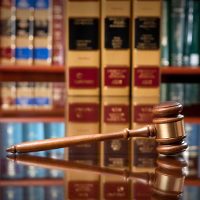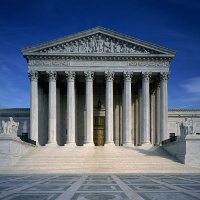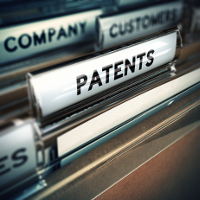The following post comes from Liz Velander, a recent graduate of Scalia Law and a Research Assistant at CPIP.
 By Liz Velander
By Liz Velander
A recent Ninth Circuit ruling limits the amount a copyright owner can be awarded in statutory damages. In Desire v. Read more
 On August 23, a group of publishers, including Penguin Random House, HarperCollins, and Simon & Schuster,
On August 23, a group of publishers, including Penguin Random House, HarperCollins, and Simon & Schuster,  With Section 512 of the DMCA, Congress sought to “preserve[] strong incentives for service providers and copyright owners to cooperate to detect and deal with copyright infringements that take place in the digital networked environment.”
With Section 512 of the DMCA, Congress sought to “preserve[] strong incentives for service providers and copyright owners to cooperate to detect and deal with copyright infringements that take place in the digital networked environment.” Earlier this week, the Supreme Court handed down its
Earlier this week, the Supreme Court handed down its  In a recent New York Times
In a recent New York Times  CPIP Founders
CPIP Founders  This past Friday, the Board of Immigration Appeals
This past Friday, the Board of Immigration Appeals